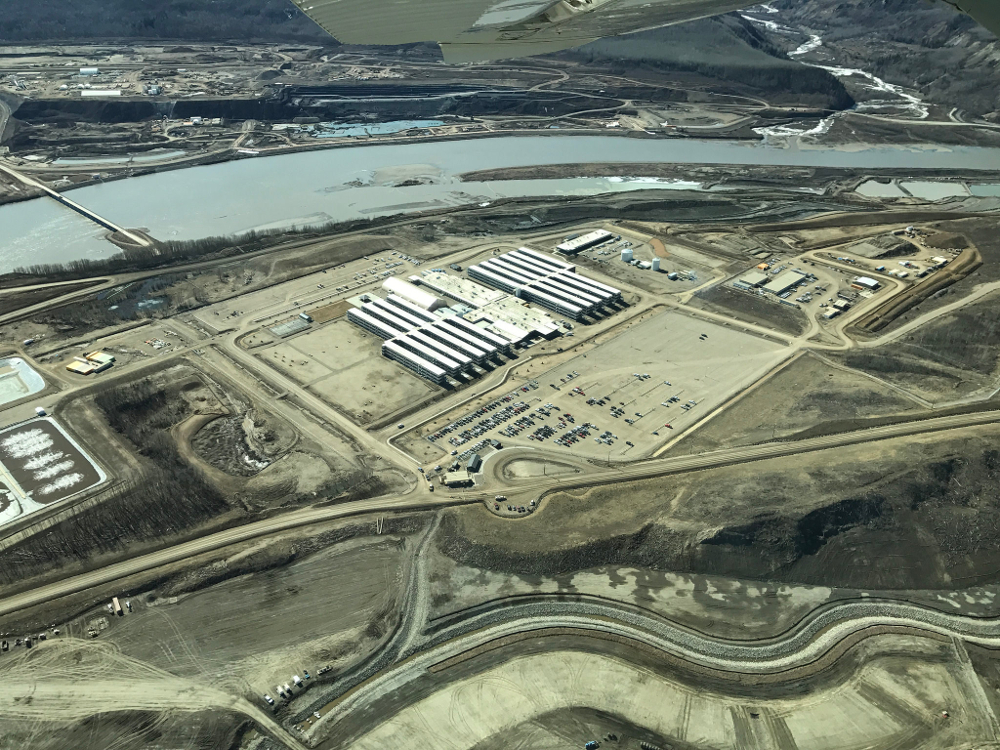The federal government made a splash in the Site C news cycle earlier this month when Attorney General Jody Wilson-Raybould announced it would not oppose an injunction application from two First Nations groups. It means the B.C. government and BC Hydro will go into the injunction hearing, scheduled for mid-summer, without the federal government on their side. It also removes a heavyweight influence in court.
“It’s significant that one of the governments, whose authorization stands to be struck down by this injunction, has decided that they will not oppose it,” said Tim Thielmann, general counsel for the nations, saying the courts tend to defer to the Crown’s position on understanding public interest.
Beyond that, it’s not clear the federal government’s absence will change anything. UBC Indigenous law professor Gordon Christie says it’s an interesting move that won’t amount to much.
“I think they’re trying to change the image they’re projecting, but they’re picking a situation that it doesn’t really seem to lead to a different outcome,” Christie said. “So it looks good for them, but they’re also probably well aware of the fact that B.C. will fight tooth and nail to have the dam construction continue, so they don’t have to do anything.”
B.C. and BC Hydro, both named in the application, are formally opposed to the whole injunction on every count.
BC Hydro responded to the Tyee’s request for an interview with a comment: “Although the Government of Canada has taken ‘no position’ on the injunction filed by West Moberly, it has filed a response to the Notice of Civil Claims in which it opposes the treaty infringement claims filed by the West Moberly.” Both the B.C. Attorney General’s office and the Ministry of Energy, Mines and Petroleum Resources declined to comment.
The injunction application, filed in January, is related to two civil suits filed by West Moberly and Prophet River First Nations. The two nations argue that Site C and the combined effects of the two other dams on the Peace River are an unjustified infringement of Treaty 8 rights. Previous court challenges have been unable to address this question because they were judicial reviews, a streamlined process.
“Because work on the project is proceeding, it was necessary to bring an interim injunction to ask the court to suspend work on the dam so that the rights that we say are being infringed aren’t gone before the First Nations can have their day in court,” Thielmann said.
West Moberly is asking for a full stop of construction except for any preservation activities needed to maintain the site until the civil case is heard. Failing that, it’s asked for work to be stopped on 13 critical areas. It also requested an expedited trial date.
Most impacts from the dam are irrevocable; if the injunction fails, the infringed rights can’t be restored. The only recourse will be monetary.
“I suspect that the Treaty 8 nations have a reasonable chance at winning the infringement case, but what will that mean?” Christie said. “It will just mean they get some compensation. Taxpayers will be on the hook — and of course no government official is going to suffer at all from this. They’ll have the dam built, and the water will flood the valley, and the oil and gas industry will have their cheap power to continue their fracking operations up there.”
Odds of getting an injunction are low considering the last two decades of court decisions. Injunctions are evaluated on a balance of convenience, holding economic impact against cultural and environmental values. The court has preferred economic interests since the Clayoquot Sound “War of the Woods” in the 1980s, Christie said.
“I think the courts decided the impact of [those injunctions] were too severe on the B.C. economy — which is, of course, sacrosanct,” he said. “So they changed their minds about granting injunctions, and haven’t swung back.”
He’s skeptical inunction on Site C will be granted, but noted the test is open to swings and moods. “At some point, courts might be willing to realize that they’ve pulled back too far, that making injunctions virtually impossible to get doesn’t work either.”
But Thielmann remains optimistic, saying continued delays and cost overruns at Site C are making alternative energy options more attractive. “The economics and the environmental and cultural value all are in favour of our clients,” he said.
Treaty 8 was signed in 1889 after First Nations erected a blockade near Fort St. John and demanded a treaty to address the overwhelming flow of miners in the area. The agreement was negotiated to protect against increasing resource extraction. It is true that Treaty 8 makes allowance for the Crown to take up land “from time to time for settlement, mining, lumbering, trading or other purposes,” but the volume and frequency of the “taking up” is under serious dispute.
Christie stresses that this is an issue all Canadians are affected by, as beneficiaries of the treaty. He urges Canadians to learn about the commitments that were made on their behalf.
“The promises made [in Treaty 8] were that the First Nations could continue to hunt and fish as formerly, and that there would be minimal interference with their ways of living. It’s obviously not what’s happening,” Christie said.
“What should Canadians do, knowing that promises made on their behalf, that benefit them, are being broken?” ![]()
















Tyee Commenting Guidelines
Comments that violate guidelines risk being deleted, and violations may result in a temporary or permanent user ban. Maintain the spirit of good conversation to stay in the discussion.
*Please note The Tyee is not a forum for spreading misinformation about COVID-19, denying its existence or minimizing its risk to public health.
Do:
Do not: